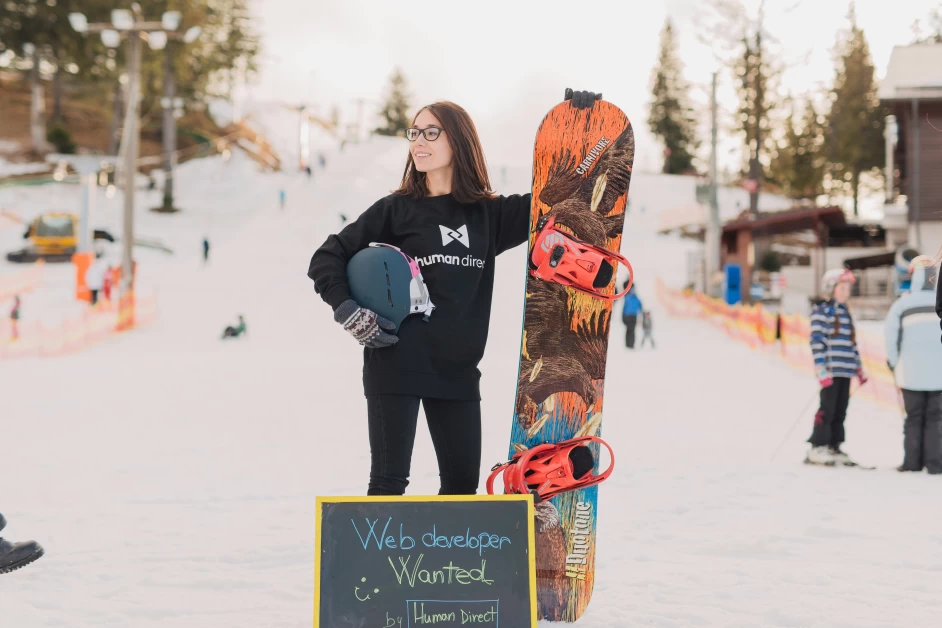Table of Contents
In today’s digital landscape, influencer marketing has become a powerful strategy for brands to connect with their target audience. As more brands embrace the opportunity to use influencer marketing at scale, artificial intelligence (AI) tools have emerged to improve performance, reduce risk, and supercharge productivity. This article will explore how AI is transforming the influencer marketing landscape and provide practical tips on how to find and collaborate with influencers for digital marketing success.
The Rise of Influencer Marketing
Influencer marketing is big business and shows no signs of slowing down. It is estimated that by 2023, the global influencer marketing industry will be worth $21.1 billion, and this number is expected to continue growing in 2024. Traditional advertising methods are struggling to reach tech-savvy, ad-resistant consumers, making influencer marketing an attractive alternative for brands. Influencers provide a unique way to connect with potential customers and can offer higher levels of trust and engagement, especially when partnering with smaller micro-influencers.
The Role of AI in Influencer Marketing
Artificial intelligence is revolutionizing the influencer marketing landscape by providing brands with tools and solutions to make data-driven decisions and automate various aspects of influencer relationship management. The synergy between influencer marketing and AI is particularly useful in improving:
- Target Audience Segmentation
- Influencer Discovery
- Content Creation and Optimization
- Performance Analytics
- Influencer Fraud Detection
- Virtual Influencers
Let’s delve into each of these areas and explore how AI can enhance your influencer marketing efforts.
1. Target Audience Segmentation
Before selecting influencers to partner with, it is crucial to have a deep understanding of your target audience. AI-powered tools such as Audiense, Vista Social, and Hootsuite can help you identify and segment your target audience by analyzing data from various sources, including demographics, interests, social media behavior, browsing history, and purchase patterns. By understanding the preferences and characteristics of your audience through buyer personas, you can ensure that you find influencers who resonate with them.
2. Influencer Discovery
Finding the right influencers for your brand can be a time-consuming task. AI-powered tools like Hype Auditor can simplify the influencer discovery process by identifying the most suitable influencers based on various factors. These factors include demographics, brand mentions, interests, growth rate, and authenticity and quality. By leveraging AI, you can ensure that the influencers you collaborate with align with your brand values and have a genuine connection with your target audience.
3. Content Creation and Optimization
AI-powered tools can help influencers save time and improve the quality of their content. For content generation, tools like ChatGPT can produce text, images, videos, or audio based on a given prompt or input, helping influencers create engaging and relevant content. Caption creation tools like ScripAI can assist influencers in writing innovative and captivating captions that generate more likes, comments, and shares. Storytelling tools like Yarnit use AI to generate text, images, and audio based on influencers’ inputs. Additionally, AI can optimize content by using predictive models like BERT to provide suggestions or feedback on how to improve it.
4. Performance Analytics
AI-driven analytics tools are essential for analyzing the real-time performance of influencer campaigns. Social listening tools such as Brandwatch and influencer marketing platforms like HypeAuditor enable brands to track engagement, click-through rates, conversion rates, and other key performance indicators. By leveraging AI analytics, brands can make informed decisions and optimize future influencer campaigns for better results.
5. Influencer Fraud Detection
Influencer marketing is not immune to fraudulent activities, such as fake followers and engagement. AI algorithms built into influencer marketing platforms can detect these fraudulent accounts and behaviors, helping brands partner with authentic and trustworthy influencers. Tools like FakeSpot specialize in detecting fake reviews and scams, providing ratings and recommendations based on trustworthiness.
6. Virtual Influencers
One of the most intriguing developments in influencer marketing is the use of AI to create virtual influencers. Brands have started experimenting with virtual (AI-generated) influencers as a way to maintain control and authenticity. Virtual influencers like KFC’s virtual Colonel Saunders, Liv, Renault’s virtual ambassador, and Lil Miquela have gained significant traction and work with renowned brands. Gartner predicts that by 2026, CMOs will dedicate 30% of their influencer and celebrity marketing budgets to virtual influencers.
The Power of AI in Influencer Marketing
Artificial intelligence is a powerful tool for enhancing influencer marketing efforts. However, it is crucial for brands to be mindful of potential biases in AI algorithms and ensure that influencer selection is done ethically and transparently. As the technology continues to evolve, brands must adapt to stay ahead. By harnessing the power of influencer marketing and AI, businesses can drive their online success and build strong, lasting relationships with their customers.
For more information on how to optimize your use of influencers in marketing, check out our ‘Ultimate Guide to Influencer Marketing’ on https://www.scrollreads.com/.
How To Find & Collaborate with Influencers for Digital Marketing
When it comes to leveraging influencers for digital marketing, social media platforms play a crucial role. To effectively incorporate influencers into your marketing campaigns and achieve your business goals, it is essential to understand how to navigate social networks. The Digital Marketing Institute’s Professional Diploma in Social Media Marketing is a comprehensive program that can help you master social research, create engaging content, and utilize affiliate marketing and social commerce. With in-depth knowledge of key social networks like Facebook, Twitter, TikTok, Instagram, and YouTube, you’ll be equipped to maximize the impact of influencer marketing on your digital strategy.
Remember, influencer marketing combined with AI can be a powerful combination to drive your brand’s success in the digital landscape. Stay innovative, adapt to technological advancements, and build meaningful relationships with influencers to achieve your marketing objectives.







